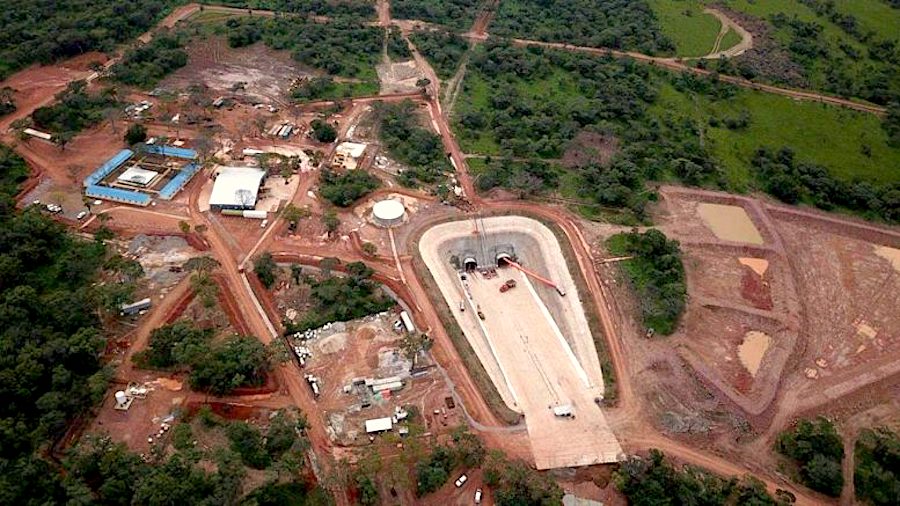
The International Monetary Fund said the Democratic Republic of Congo’s proposed $10.2 billion budget is “unrealistic,” amid slowing output from the country’s copper and cobalt mines.
The government is seeking a budget of 16.9 trillion francs ($10.2 billion) next year, with revenue expected to climb 63% compared to this year. The IMF projects that Congo’s actual revenue this year will only be about $5.5 billion, including grants, and will rise to about $6.32 billion next year.
While the IMF expects Congo’s economy to grow 4.5% this year, growth will slow to 3.2% in 2020 mainly because of the closing of Glencore Mutanda copper and cobalt mine
“It’s very rare for a country to be able to increase its revenue 50-60% from one year to the next,” Philippe Egoume, the IMF’s resident representative in Congo, told reporters Friday in the capital, Kinshasa. “We think there are a certain number of measures to raise revenue that could generate 1-2% of GDP, so between $500 million and $1 billion. Maybe it will be more if more important reforms are made. But five billion is a lot.”
While the IMF expects Congo’s economy to grow 4.5% this year, growth will slow to 3.2% in 2020 mainly because of the closing of Glencore Plc’s Mutanda copper and cobalt mine last week. Mutanda, which will be on care and maintenance for two years, provided more than $626 million in revenue to the government in 2018, according to Glencore.
Natural-resource extraction typically provides about a third of government revenue and 95% of Congo’s export earnings, mostly from copper and cobalt, according to the IMF. In mid-December, the IMF board will consider a credit injection of about $370 million to boost Congo’s reserves, which have fallen by about half since the end of 2018 and are now equivalent to only about 1 week of imports, Egoume said.
Congo’s central bank, which includes the bank’s domestic deposits in its reserve calculations, says reserves have fallen to $873 million, equivalent to about three weeks of imports.
(By Michael J. Kavanagh)
Comments